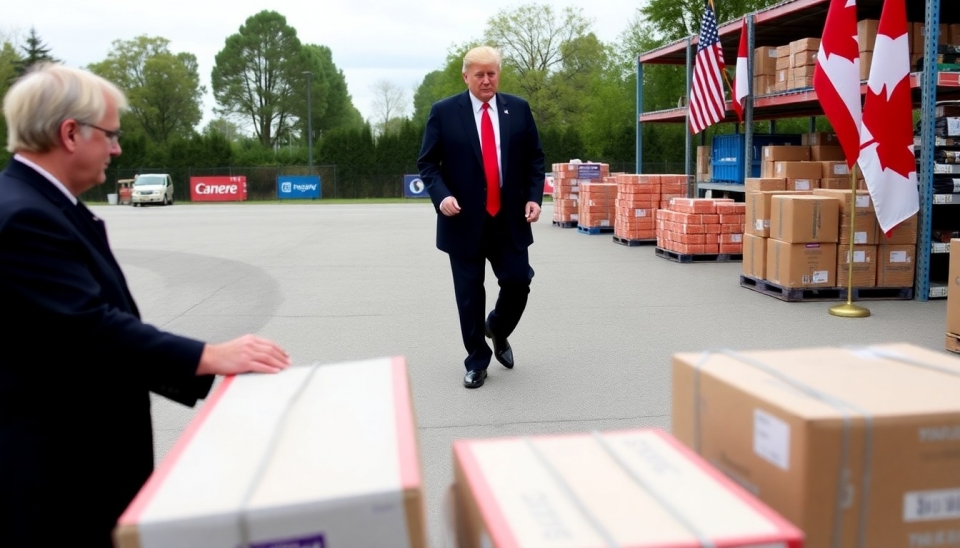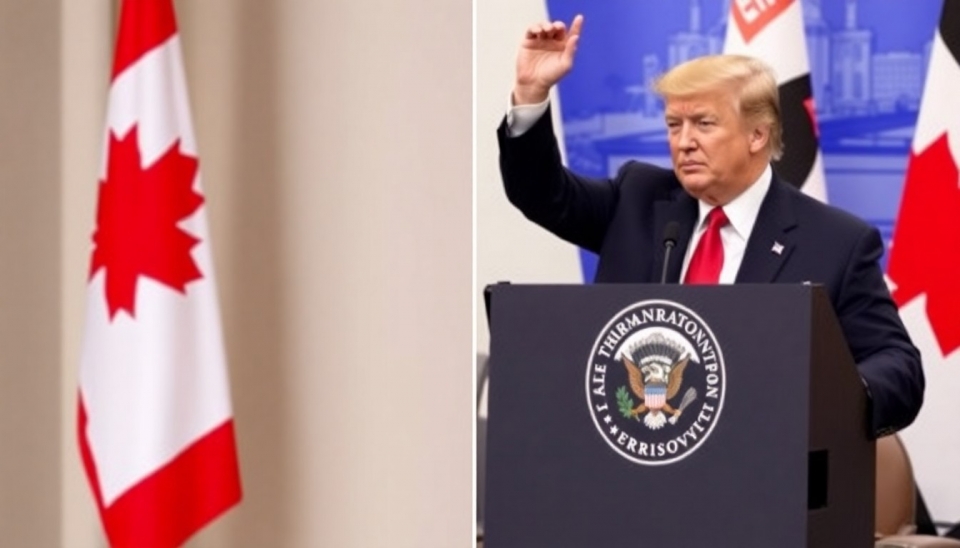Canada Imposes Tariffs on Electric Vehicles and Steel from China

Canada is making the decision to impose tariffs on imports of electric vehicles and steel from China, aiming to shield its market from low-priced goods and support local manufacturing. These measures are a response to escalating trade disputes between the two countries and growing concerns over unfair competition associated with subsidies provided to Chinese manufacturers.
The introduction of tariffs reflects the increasing determination of the Canadian government to protect its manufacturers, who are facing challenges amid the importation of affordably priced Chinese products. Officials assure that the tariff decision is aimed not only at safeguarding the economy but also at supporting carbon standards, particularly in the electric vehicle sector, which carries significant environmental risks.
Canadian authorities argue that Chinese producers are offering their electric vehicles and components at significantly lower prices than local companies, receiving substantial subsidies from their government in the process. As a result, such actions threaten the future of the Canadian industry, which is already incurring losses due to unhealthy competition.
Thus, the introduction of tariffs is expected to change the game rules in the market, creating a fairer playing field for local producers and allowing them to remain competitive. Canada's approach is aimed not only at boosting domestic manufacturing but also at strengthening the country’s position on the international stage, where it continues to push for environmental initiatives.
Experts predict that these measures may provoke retaliation from China and exacerbate trade tensions between the two countries. However, the Canadian government considers this step essential for ensuring long-term growth of the domestic economy and transitioning toward sustainable development.
It is also important to note that the tariffs may impact consumers, as the cost of imported vehicles could rise. This could diminish the availability of electric vehicles for Canadian buyers and alter demand dynamics.
Canada now stands at a crossroads where it must balance the protection of local manufacturers and consumer interests while simultaneously working to improve its environmental performance and reduce reliance on foreign supplies.
#Canada #China #tariffs #electricvehicles #steel #trade #economy




